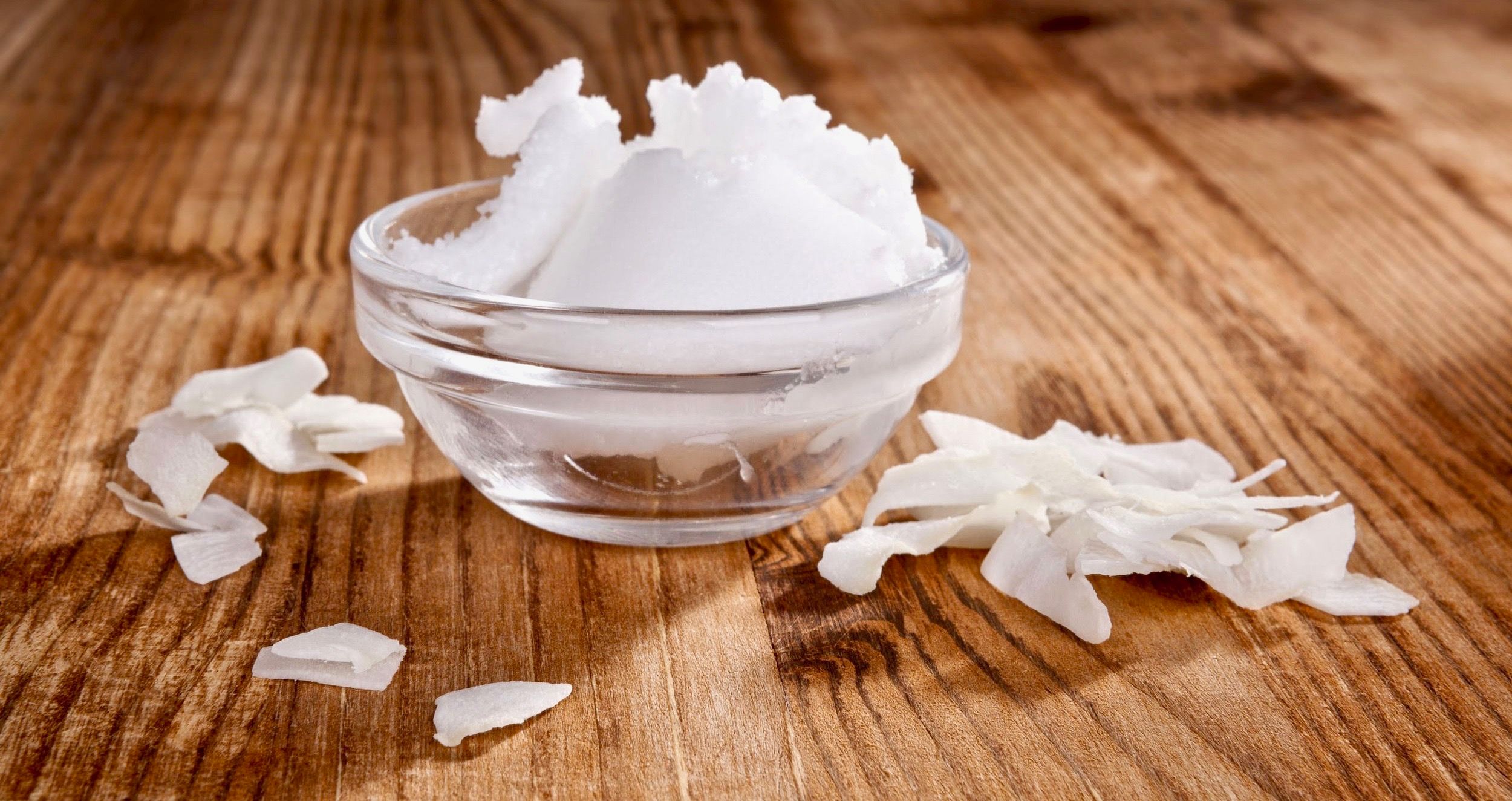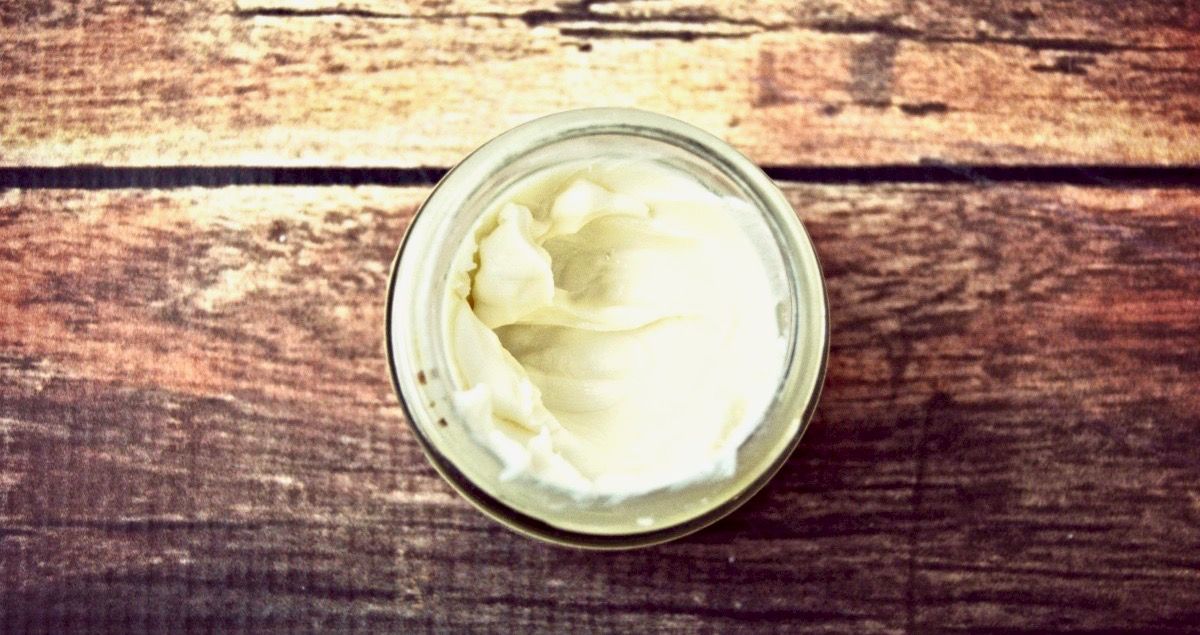According to the New York Times, “Melanoma diagnoses have risen nearly two percent a year since 2000 and are increasing even more among young white women.” These statistics are attributed to the inappropriate use of sunscreen, which should be applied generously and every two hours.
“Sunscreen is not a magic bullet,” said Dr. Steven Q. Wang, director of dermatologic surgery and dermatology at Memorial Sloan-Kettering Cancer Center, and a spokesperson for the Skin Cancer Foundation told the New York Times. “It’s just one of the defenses against the harmful effect of UV radiation, and that message gets lost.”
Experts also recommend avoiding the sun at midday, wearing protective clothing and using sunscreens with an SPF of 15 to 50 that are labeled “broad spectrum protection,” which means they protect against both UVA and UVB rays, as well as products with zinc oxide and titanium dioxide as active ingredients.
Also, not all sunscreens are the same. Europe and Canada have tougher regulations when it comes to sun protection products. According to Sonya Lunder, a senior analyst for the Environmental Working Group and one of the authors of its report on sunscreen, “In the U.S., you can make a bad sunscreen and just not call it ‘broad spectrum,’ but still sell it. In Europe, the pass-fail test is stronger, and it must protect against both UVA and UVB.”
If you would like to make your own all-natural sunscreen, you can follow the directions below:
Ingredients:
1/2 oz. beeswax pastilles
1/4 c. shea butter
1/4 c. coconut oil
2 tbsp Zinc Oxide Powder
RELATED: Hawaii Helps The Environment With Sunscreen Ban
Directions: Combine the shea butter and coconut oil in a double boiler and melt before adding the beeswax. Remove the mixture from heat and pour into another bowl. Blend with a hand blender on medium and slowly add in the two tablespoons of zinc powder. Blend until it is perfectly smooth and there are no lumps. Let the mixture cool to room temperature. This sunscreen can be used for up to one month if stored in a cool, dark place.


